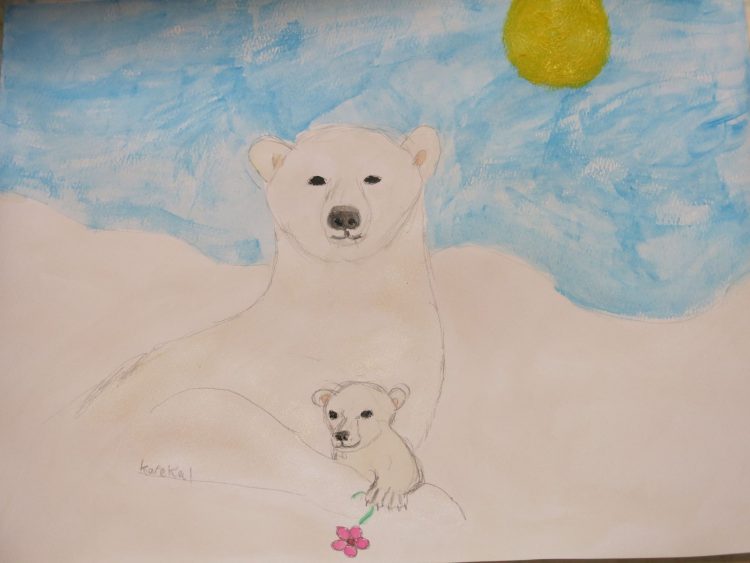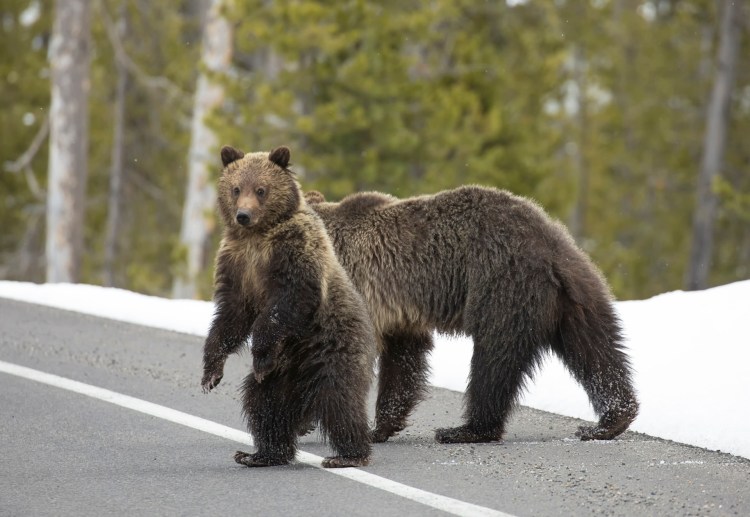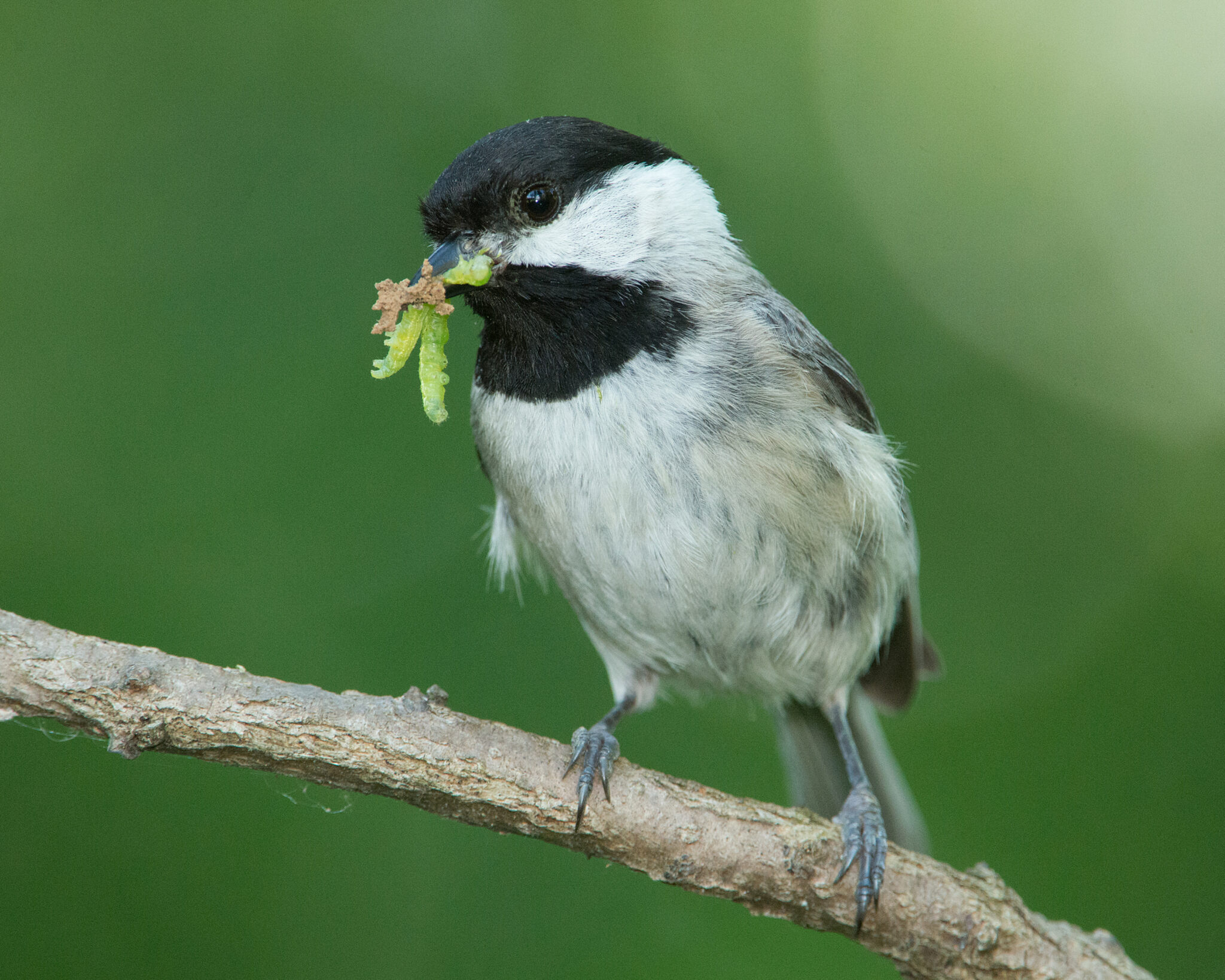According to the Living Planet 2024 report — compiled by WWF and the Zoological Society of London (ZSL) — Earth’s wildlife populations have plummeted by 73 percent on average in half a century.
The highest declines — 95 percent — were seen in the Caribbean and Latin America, the report said. A 76 percent decline was recorded in Africa, and a 60 percent decrease in Asia and the Pacific.
“Globally, we are reaching points of no return and irreversibly affecting the planet’s life-support systems. We are seeing the effects of deforestation and the transformation of natural ecosystems, intensive land use and climate change,” said Susana Muhamad, Colombia’s minister of environment and sustainable development and president of the 2024 United Nations COP16 biodiversity summit, as The Guardian reported.
Scientists said the steep average declines in species were due to much greater wildlife population decreases in North America and Europe before 1970, which are currently being replicated in other places.
In the report, the scientists said species loss could speed up along with increased global heating, precipitated by tipping points in the Arctic, the Amazon rainforest and marine ecosystems. This could lead to disastrous consequences for humans and the environment.
“We are dangerously close to tipping points for nature loss and climate change. But we know nature can recover, given the opportunity, and that we still have the chance to act,” said Matthew Gould, chief executive of ZSL, as reported by The Guardian.
Mike Barrett, chief scientific adviser for WWF, warned that the Amazon rainforest could be close to an irreversible tipping point, after which the enormous carbon sink would collapse, until “we’re just left with scrub,” PA Media/Deutsche Presse-Agentur reported.
The Amazon has been destroyed by extreme drought, deforestation and wildfires. The largest rainforest in the world, it houses 10 percent of all species on Earth. The collapse of the planet’s climate regulator would impact livelihoods and food security worldwide.
“What we’re seeing there at the moment are certainly the warning signs that we may be approaching this tipping point across the entirety of the Amazon and that would have catastrophic consequences,” Barrett said. “It would impact agriculture across the world, and it would make it impossible to avoid runaway climate change as huge amounts of carbon are released and the ability to absorb it is lost.”
The data for the WWF report contains nearly 35,000 population trends from almost 5,500 birds, reptiles, fish and amphibians all over the world, reported The Guardian.
The report’s release comes days before the UN’s COP16 Biodiversity Conference, which begins on October 21 and meets through November 1 in Cali, Colombia. It will be the first time countries will come together since an agreement was reached on an international set of goals to stop the global decline of biodiversity.
“We must listen to science and take action to avoid collapse,” Muhamad said. “The world is witnessing the mass bleaching of coral reefs, the loss of tropical forests, the collapse of polar ice caps and serious changes to the water cycle, the foundation of life on our planet.”
As agriculture expands throughout the world, land use changes are the most significant driver of declining wildlife populations.
“The data that we’ve got shows that the loss was driven by a fragmentation of natural habitats. What we are seeing through the figures is an indicator of a more profound change that is going on in our natural ecosystems … they are losing their resilience to external shocks and change. We are now superimposing climate change on these already degraded habitats,” Barrett said. “I have been involved in writing these reports for 10 years and, in writing this one, it was difficult. I was shocked.”
This article by Cristen Hemingway Jaynes was first published by EcoWatch on 10 October 2024. Lead Image: An elephant is seen at Mikumi National Park, one of the fourth largest natural habitats in the country in Mikumi Tanzania on June 22, 2024. Ismail Aslandag / Anadolu / Getty Images.
What you can do
Help to save wildlife by donating as little as $1 – It only takes a minute.







Leave a Reply